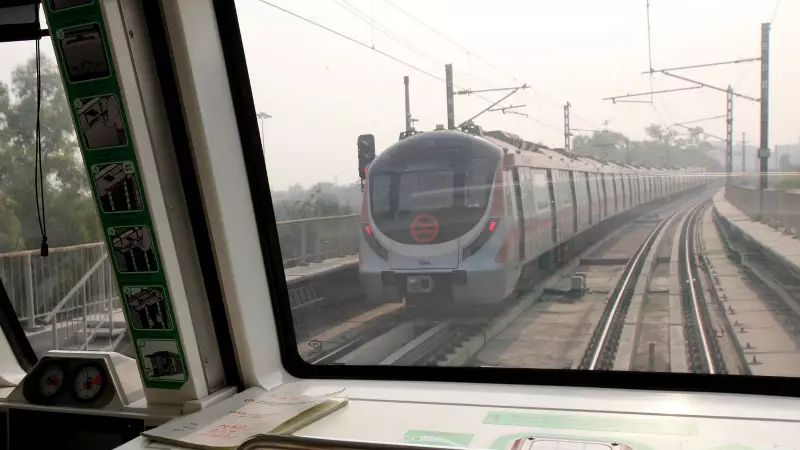
The Delhi Metro Rail Corporation (DMRC) is poised to revolutionize urban transportation in the national capital with its ambitious Phase 4 expansion. In an exciting development for daily commuters, three major corridors are rapidly progressing toward completion, promising to significantly enhance connectivity across Delhi-NCR.
Driverless Trains: The Future is Here
One of the most groundbreaking aspects of Phase 4 is the introduction of driverless train operations. The Majlis Park to Maujpur corridor will showcase this cutting-edge technology, marking a significant leap forward in India's metro rail capabilities. These automated trains represent the pinnacle of modern rail technology, offering improved efficiency and reliability.
Three Transformative Corridors Taking Shape
The Phase 4 expansion focuses on three crucial corridors that will reshape Delhi's transportation landscape:
- Majlis Park to Maujpur (12.36 km): This corridor will complete the much-needed Pink Line loop, connecting key areas in Northeast Delhi with advanced driverless technology.
- Aerocity to Tughlakabad (23.62 km): Creating a vital link between the airport area and South Delhi, this Silver Line extension will significantly improve access to the aviation hub.
- Janakpuri West to RK Ashram Marg (28.92 km): The longest of the three corridors will enhance West Delhi connectivity while passing through the challenging tunnel section under the Yamuna River.
Infrastructure Marvels and Technical Innovations
The project showcases remarkable engineering achievements, particularly the 1.2-kilometer tunnel beneath the Yamuna River on the Janakpuri West-RK Ashram Marg corridor. This represents one of the most technically challenging aspects of the entire Phase 4 project.
DMRC officials have confirmed that construction is advancing rapidly across all three corridors. The Majlis Park-Maujpur section has already seen significant progress with trial runs expected to commence soon, bringing Delhi closer to its first driverless metro operations.
Enhanced Commuter Experience
Beyond the technological advancements, Phase 4 promises substantial improvements in daily commuting. The expanded network will reduce travel times, decrease road congestion, and provide seamless connectivity to important destinations including educational institutions, commercial hubs, and residential areas.
The integration of these new corridors with existing lines will create a more comprehensive metro network, making public transportation the preferred choice for millions of Delhi residents.
With trial runs anticipated in the coming months and full operations expected to commence progressively, Delhi Metro's Phase 4 represents a quantum leap in urban mobility that will set new standards for public transportation in India.





